Open Philanthropy commissioned a report from David Humbird on the potential for cultured meat production to scale up (to the point where it would be sufficiently available and affordable to replace a substantial portion of global meat consumption).
Abstract
This analysis examines the potential of “cultured meat” products made from edible animal cell culture to measurably displace the global consumption of conventional meat. Recognizing that the scalability of such products must in turn depend on the scale and process intensity of animal cell production, this study draws on tech-no economic analysis perspectives in industrial fermentation and upstream bio-pharmaceuticals to assess the extent to which animal cell culture could be scaled like a fermentation process. Low growth rate, metabolic inefficiency, catabolite inhibition, and shear‐induced cell damage will all limit practical bioreactor volume and attainable cell density. Equipment and facilities with adequate microbial contamination safeguards have high capital costs. The projected costs of suitably pure amino acids and protein growth factors are also high. The replacement of amino‐acid media with plant protein hydrolysates is discussed and requires further study. Capital‐and operating‐cost analyses of conceptual cell‐mass production facilities indicate economics that would likely preclude the affordability of their products asfood. The analysis concludes that metabolic efficiency enhancements and the development of low‐cost media from plant hydrolysates are both necessary but in-sufficient conditions for displacement of conventional meat by cultured meat.
You can read the full report here.
